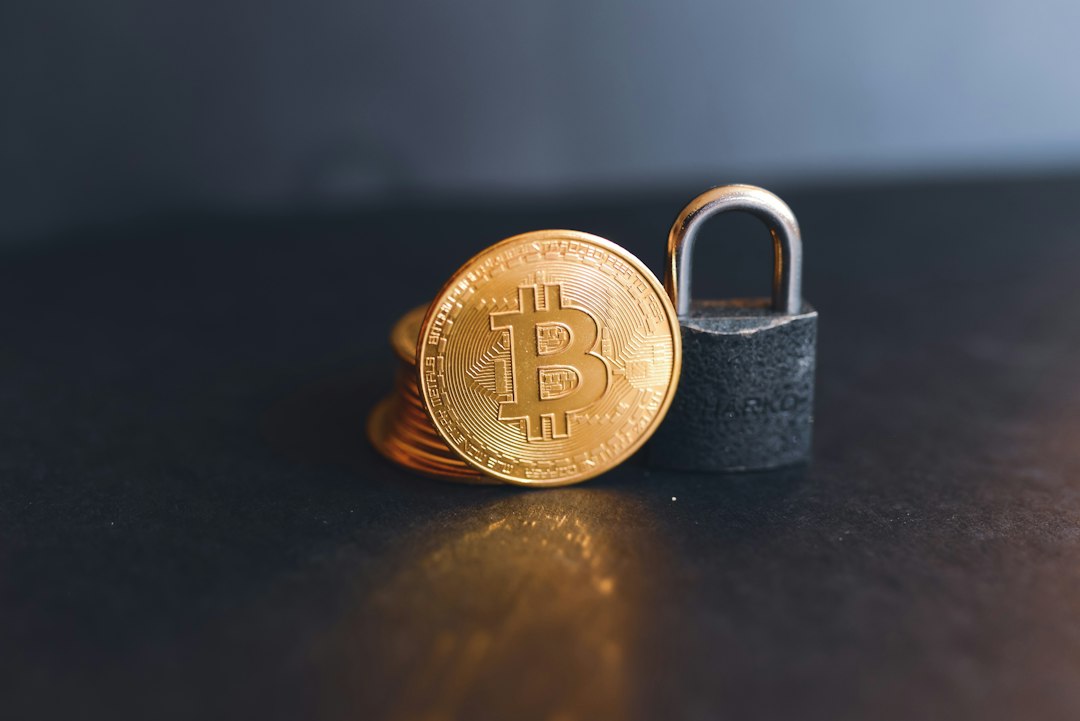PayPal Receives Subpoena from SEC Over Stablecoin
Payments giant PayPal has disclosed in its quarterly report that it has been subpoenaed by the U.S. Securities and Exchange Commission (SEC) regarding its stablecoin. The subpoena, received on November 1, 2023, requests the production of documents related to PayPal’s USD stablecoin. The company stated that it is cooperating with authorities. A subpoena from the SEC is a legally binding request for evidence as part of an investigation into potential violations of federal securities laws.
PayPal’s Stablecoin Plans
In August, PayPal and crypto infrastructure provider Paxos announced their entry into the stablecoin market with PYUSD. The stablecoin is expected to be pegged to the U.S. dollar and built on the Ethereum blockchain. Stablecoins aim to provide stability amidst volatile crypto prices by maintaining a peg to a fiat currency. However, stability issues have arisen in the past, such as Terra’s UST collapse in May 2022.
A Saturated Market and Regulatory Attention
The stablecoin market is already crowded, with more than 90 stablecoins listed on CoinGecko. However, only 56 of them have a market capitalization exceeding $1 million. PayPal likely hopes that its brand recognition will give it an advantage over competitors. The growing size of the stablecoin market and recent collapses have also drawn the attention of American regulators who are calling for comprehensive digital asset regulation.
Hot Take: PayPal Faces SEC Scrutiny Over Stablecoin
Payments giant PayPal has been served with a subpoena by the SEC relating to its USD stablecoin offering. This legal request for documents is part of an investigation into potential violations of federal securities laws. PayPal’s entry into the stablecoin market with Paxos has placed it in a crowded space, with over 90 stablecoins already available. However, PayPal’s strong brand may give it an advantage. The regulatory scrutiny on stablecoins and recent collapses like Terra’s UST have prompted calls for comprehensive digital asset regulation.





 By
By
 By
By
 By
By

 By
By
 By
By